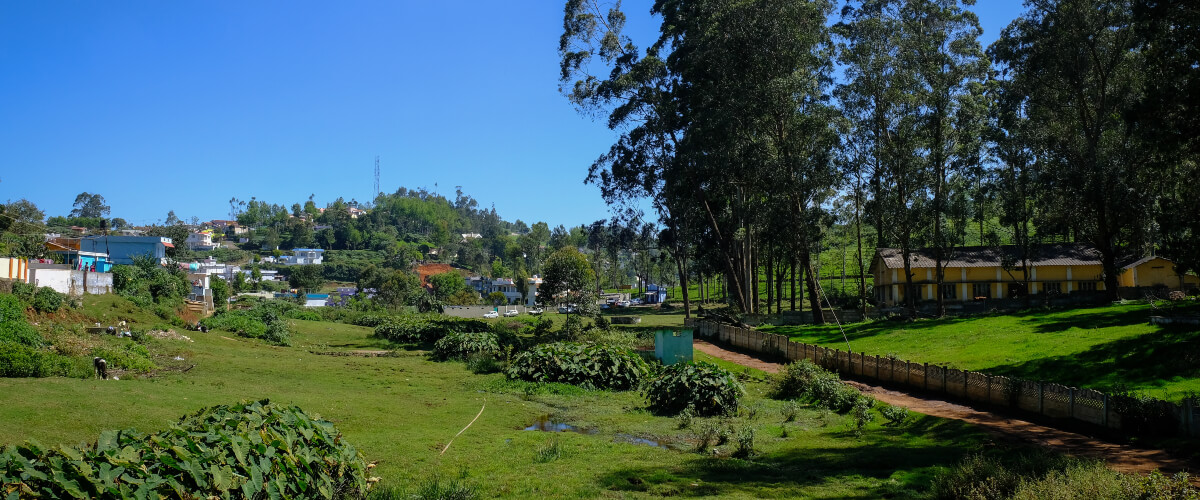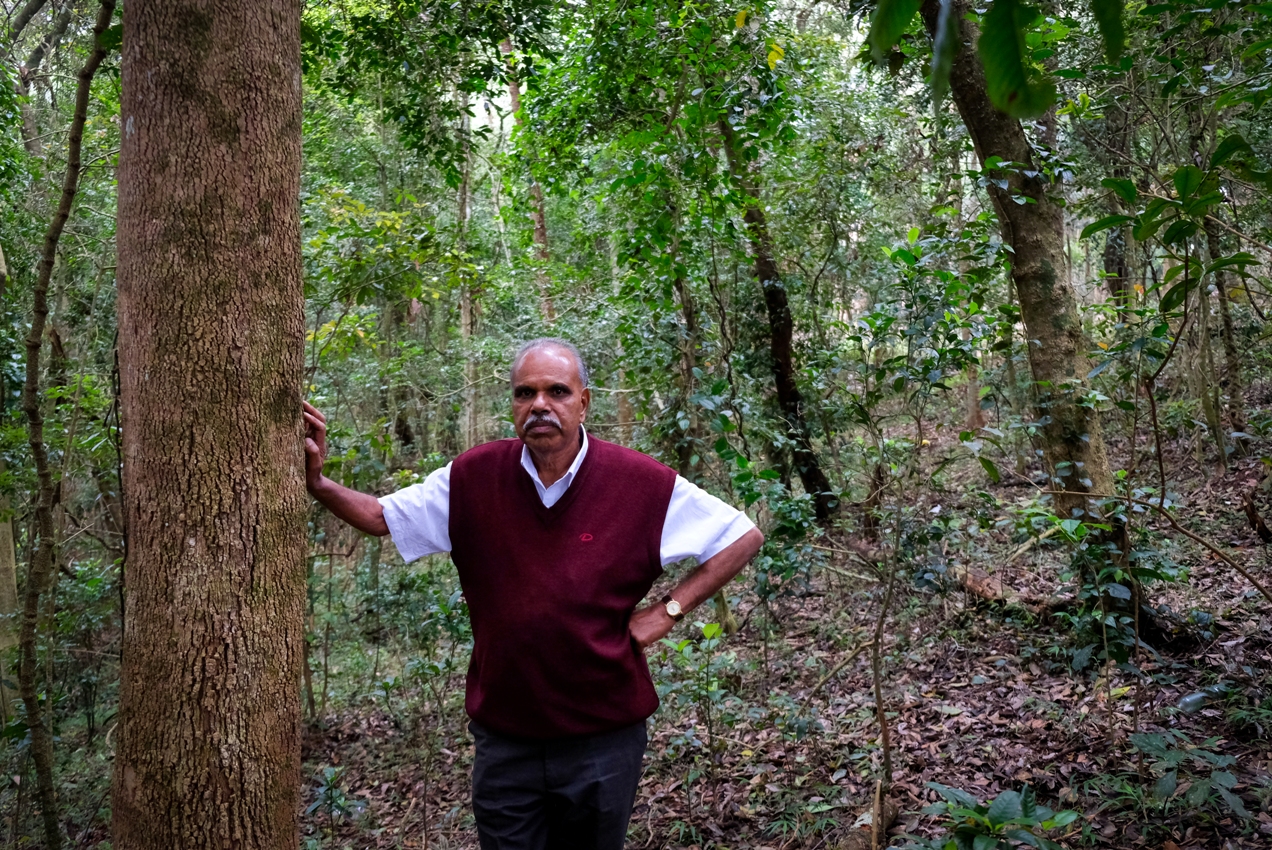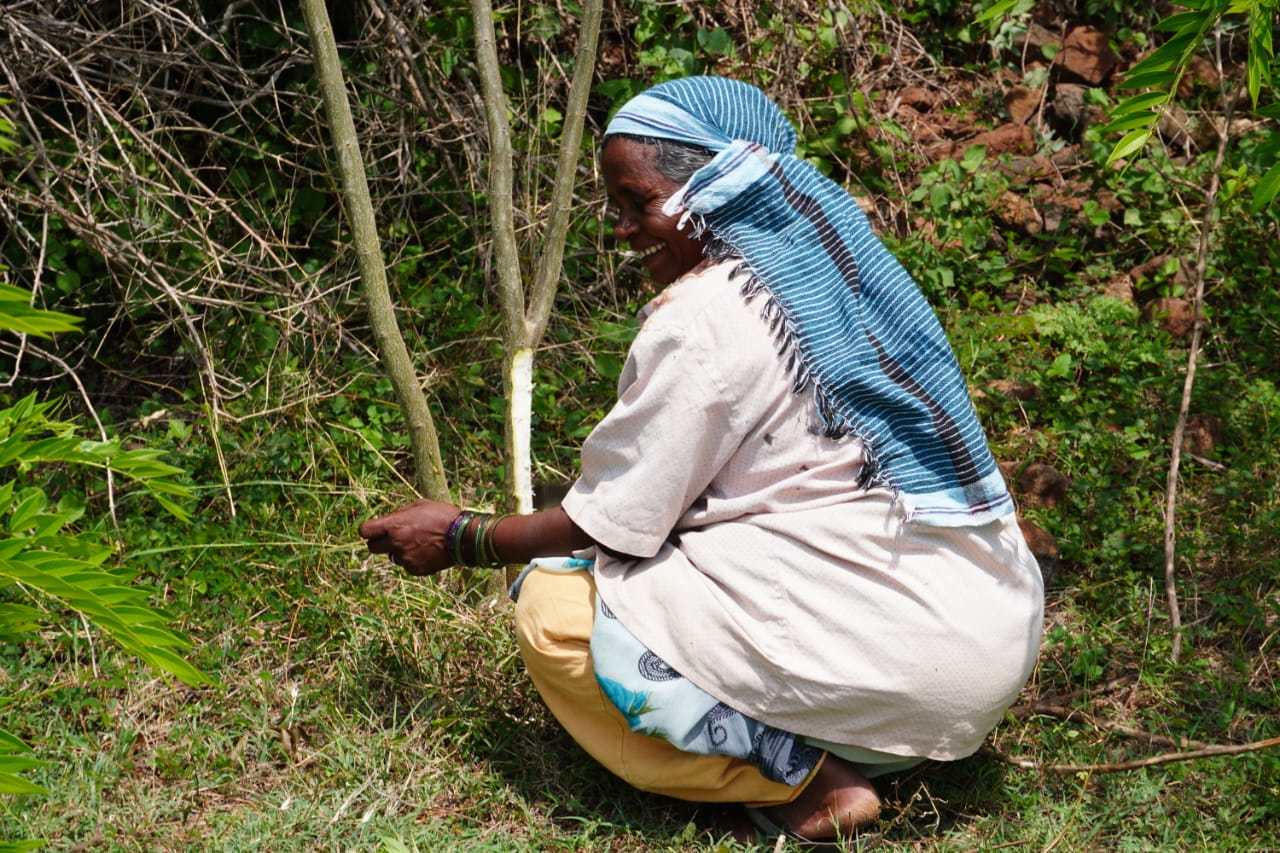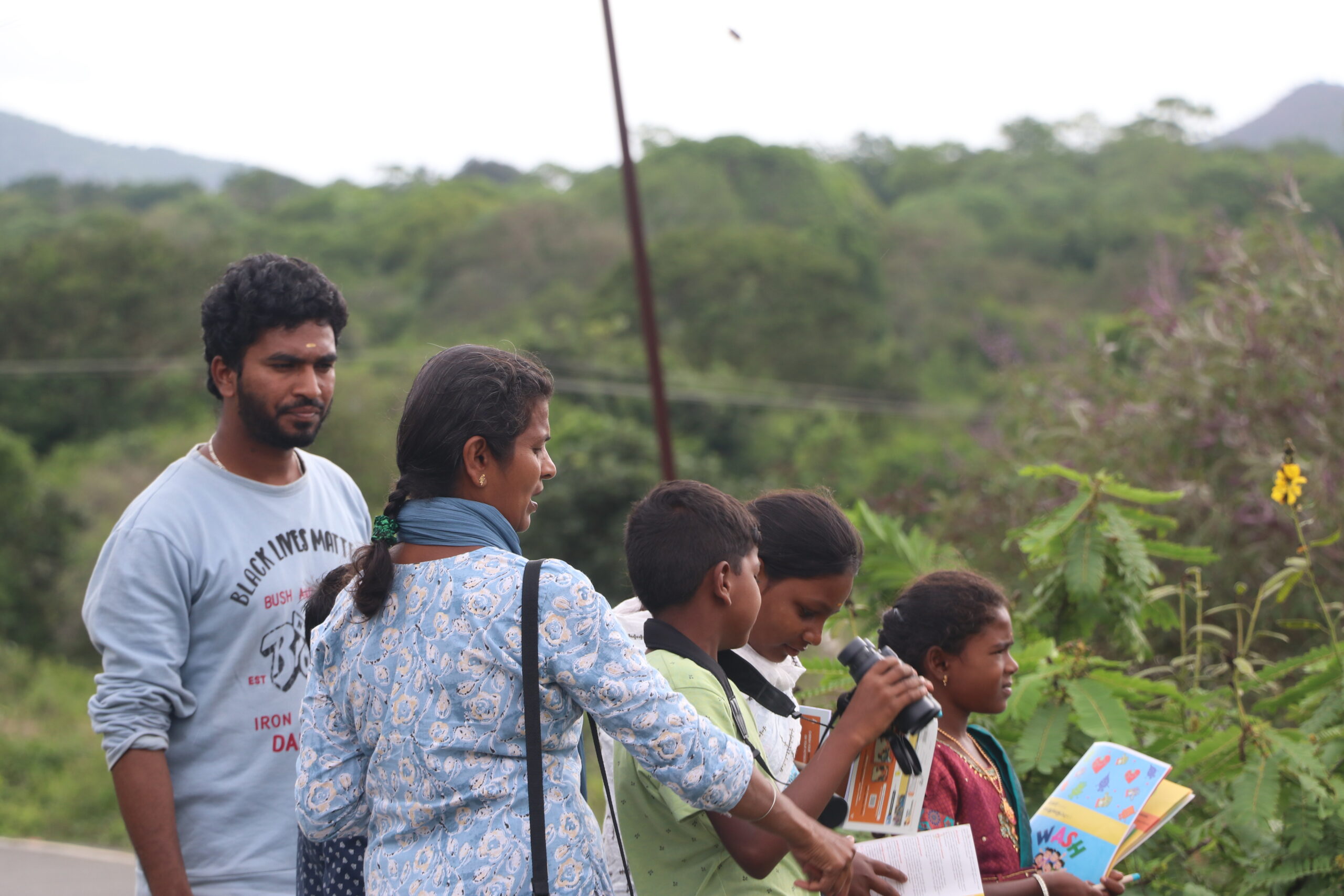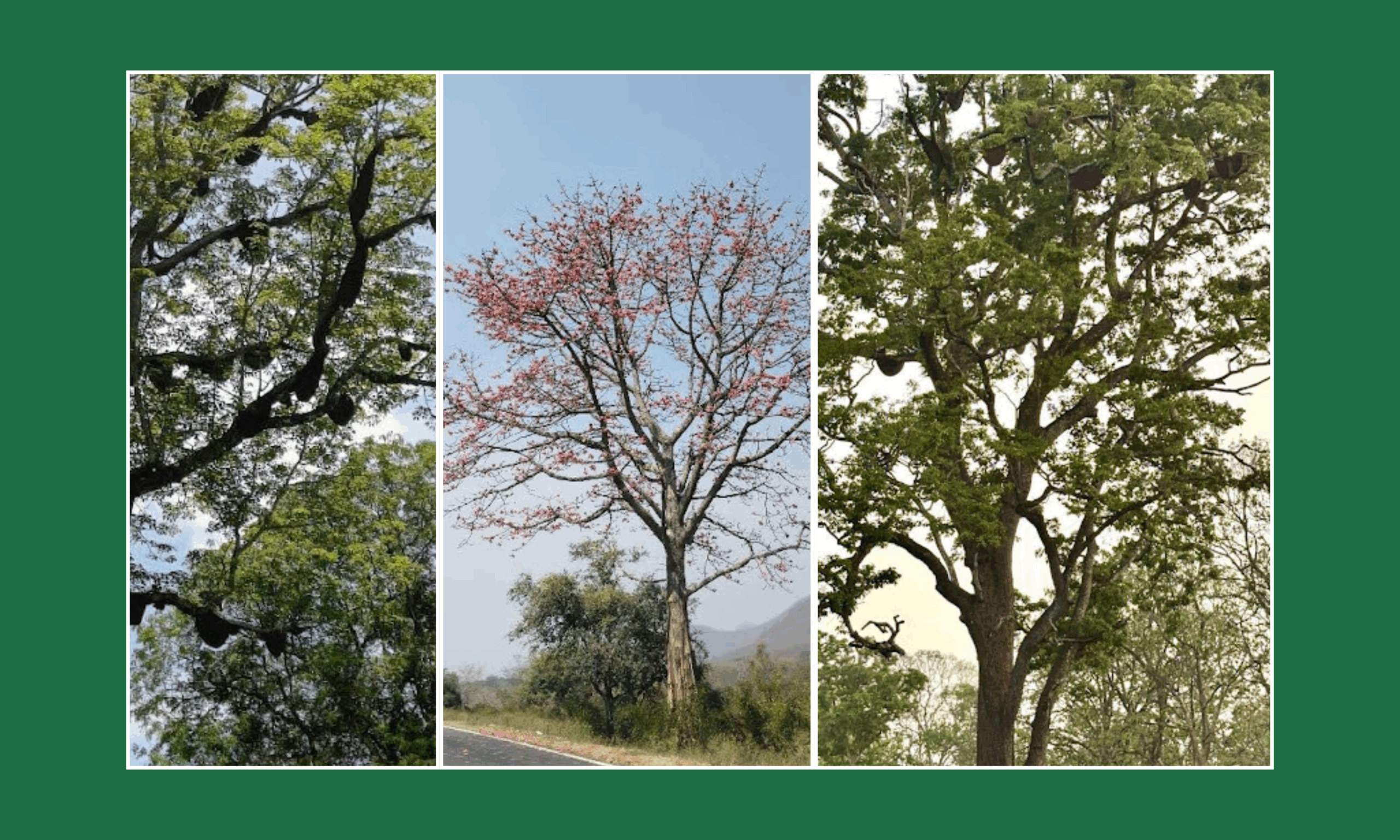On February 12, 2021, we Inaugurated the Wetlands and Water Information Centre along with a Wetlands Park that was set up in partnership with Indco Tea Factory in Kattabettu.
Meanwhile, another wetland near Keirbetta in the heart of the Kotagiri town was about to be converted for building a Primary Health Centre. Called the Rifle Range Wetland by the locals after the British initially used the area for training their soldiers for shooting, its traditional name, Ubbaranni Haada, is far forgotten.
The name Keirbetta has been derived from Keir, meaning wetland and Betta, meaning a hill in the local Badaga language. The villagers have been traditionally using this wetland and its catchments for buffalo grazing. However, due to land-use changes and other communities moving in and setting up habitations, the grazing areas reduced, resulting in the reduction of the buffalo population. Today the land-use of the wetland is as seen in the map below.
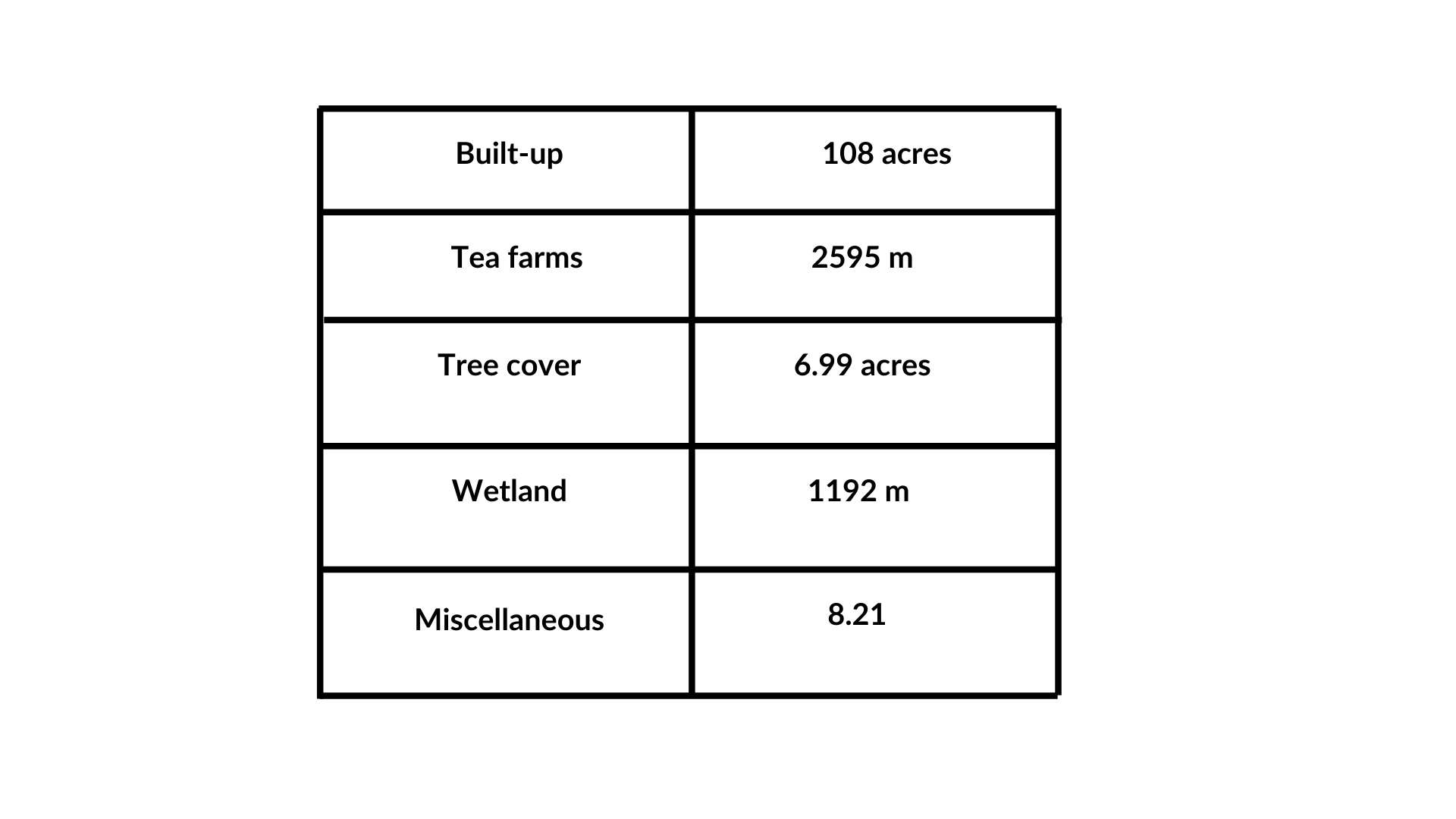
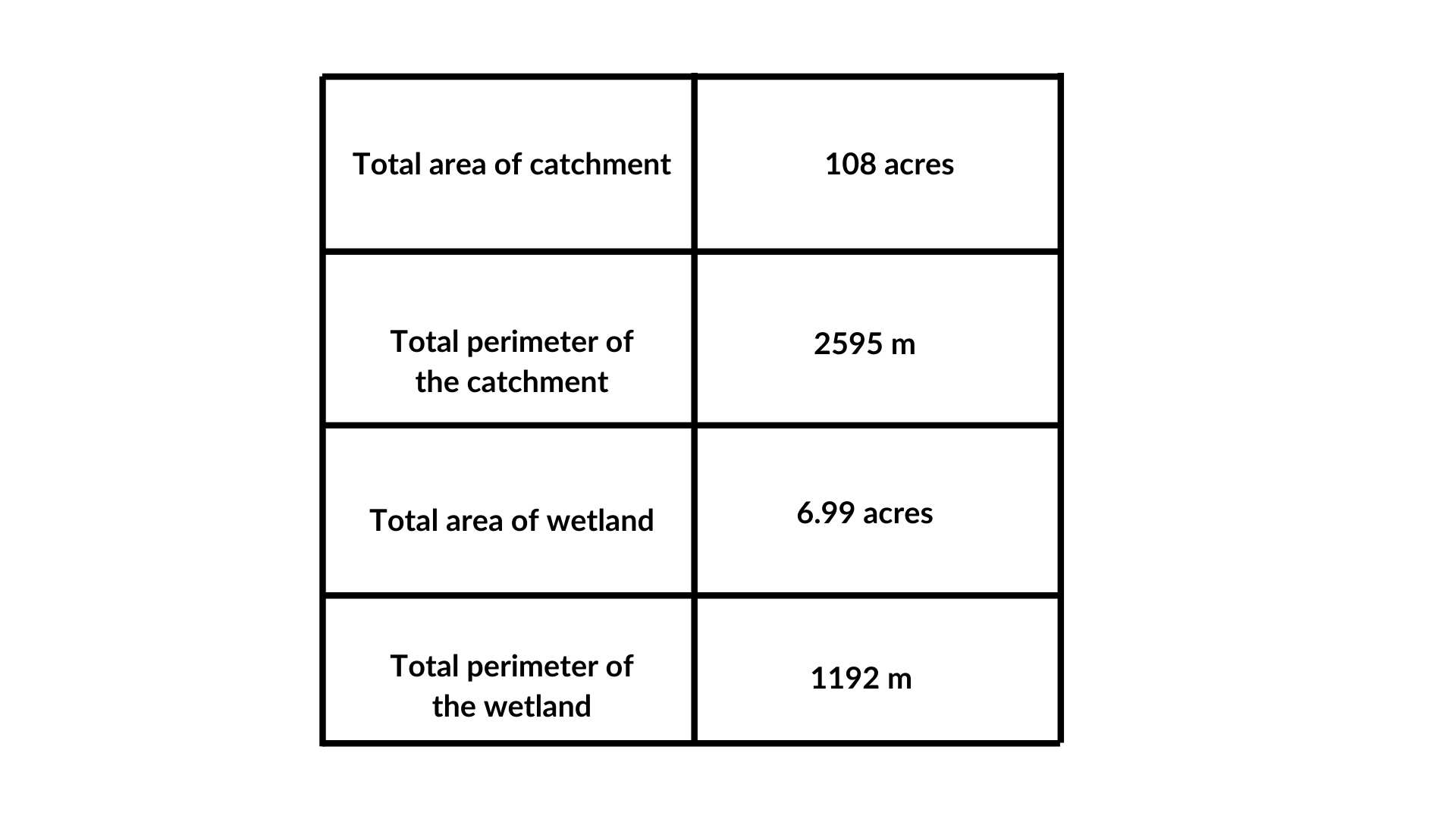
While most of us were unaware of the developments in the wetland, Raju, who hails from the Keirbetta village and a member of the Longwood Shola watchdog committee, was on his feet day in and day out to stop the wetland from being converted to a built-up. He has been spearheading many such campaigns in the Nilgiris for environmental protection by sending various petitions to government officials and departments. The local communities, citizens groups, and NGOs have been voicing their objections to such unmindful government projects being planned around wetlands and water bodies across the Nilgiris.
Keystone Foundation has been engaging local communities in the region to conserve this patch of wetland which provides drinking water to neighbouring areas. It is the origin of the stream which flows towards Kottacombai to join the Catherine falls river and further down to join the Kallar river in Mettupalayam. The ecosystem services wetlands offer is immeasurable in terms of purifying the pollutants and providing fresh water to communities and wildlife. They are reservoirs of biodiversity and play a part in maintaining local hydrology, supporting the perennial water flow in streams and in controlling floods and acting as a carbon sink.
Despite repeated calls for conserving wetlands and water bodies by stopping further encroachments, the decision-makers have turned a deaf ear to people’s pleas. Today one man’s relentless fight has resulted in the government abandoning the PHC project at the Rifle Range. Unfortunately, the project has been halted for wrong reasons—the soil is found to be not suitable for the building’s stability and not because it is a wetland that needs to be conserved
Let us not forget that the Nilgiris district is highly vulnerable to natural disasters like landslides and floods. We need to re-iterate that these small hill wetlands are not wastelands but important zones for mitigating climate disasters in the region.
Until we hear about the next wetland being converted and until the next disaster hits us, let us all go back to our comfort zones and act like nothing happened.
By Gokul Halan

